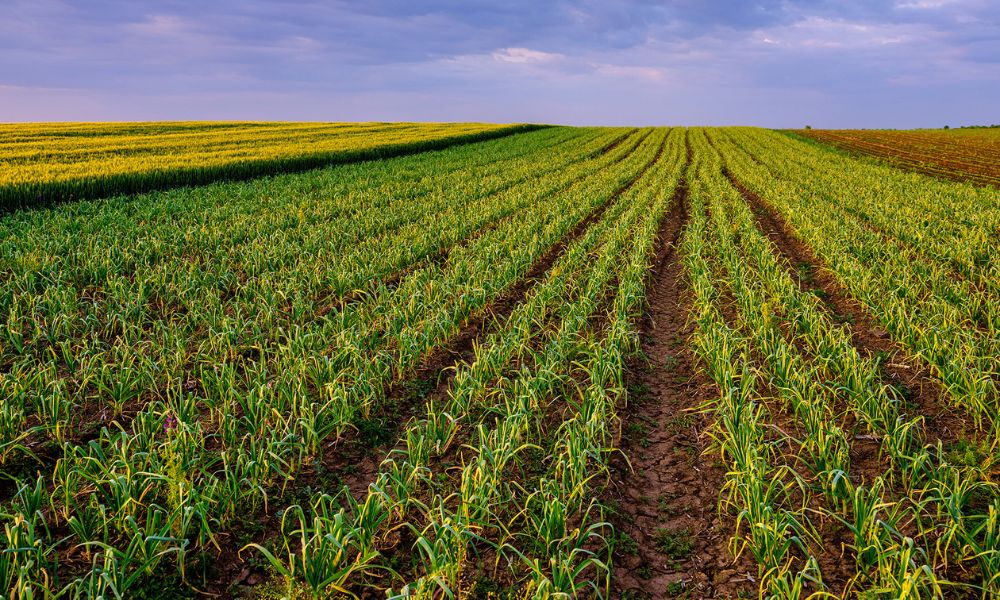Hobby farming can be a rewarding and fun way to spend your time, but getting started can be daunting for those who have never done it before. Fortunately, various best practices can help you succeed as a hobby farmer. From the home to the garden, this blog post will explore some of the most practical tips hobby farmers can follow for success. How I wish we had done more initial research before haphazardly planting ours in Reno! It’s been a fun and productive venture, though–with lots of lessons.
Plan Your Farm Carefully
Before you start your hobby farm, you need to plan it out carefully. Decide what kind of farm you want to have, which crops you want to grow, and which animals you want to raise. You should also consider how much time and money you want to invest in your farm. No matter what kind of farm you decide you want to have, knowing this information and that on a beginner’s guide to lawn maintenance will help you attain maximum yields.
Take Care of the Soil
The soil is the foundation of your hobby farm, and you need to take good care of it. This means regularly testing the soil to see what nutrients it needs, adding compost and other organic matter to improve its fertility, and rotating crops to prevent soil depletion. You should also pay attention to its pH level, as different plants have different requirements.
Choose Your Crops and Animals Carefully
Choosing the right crops and animals for your hobby farm is crucial for success. Some crops are easier to grow than others, so choosing plants that are well-adapted to your area and require fewer inputs is important. Similarly, if you’re new to animal husbandry, you might want to start with animals that are easier to care for, such as chickens or rabbits.
Learn From Other Farmers
One of the best ways to learn about hobby farming is by talking to other farmers in your area. Many farmers are happy to share their knowledge and experience with others, and you can learn a lot from their successes and failures. You can also attend workshops and conferences or take online courses to learn more about soil health, animal care, and pest management.
Enjoy the Process
Finally, you need to remember that hobby farming should be an enjoyable experience. While it can be hard work, seeing your crops grow and your animals thrive is incredibly rewarding. Take the time to enjoy your hobby and appreciate all of the hard work that you put into it. Remember that every year will bring new challenges and opportunities and that every season will bring something new and exciting to your farm.
Create a Vibrant and Productive Farm
Starting a hobby farm can be a challenging but rewarding experience. With these practical tips for hobby farmers, you’ll be ready to go. Whether you have a few acres in the country or a small backyard in the city, you can create a vibrant and productive hobby farm that brings you joy and satisfaction for years to come.







